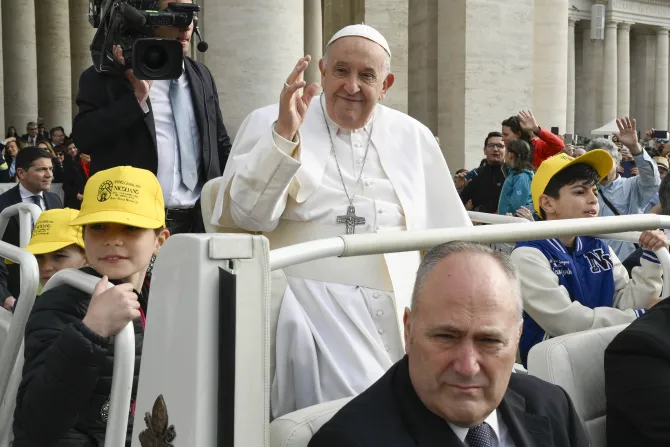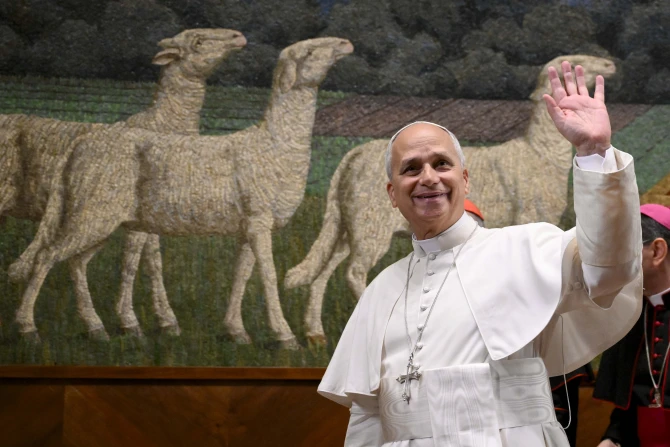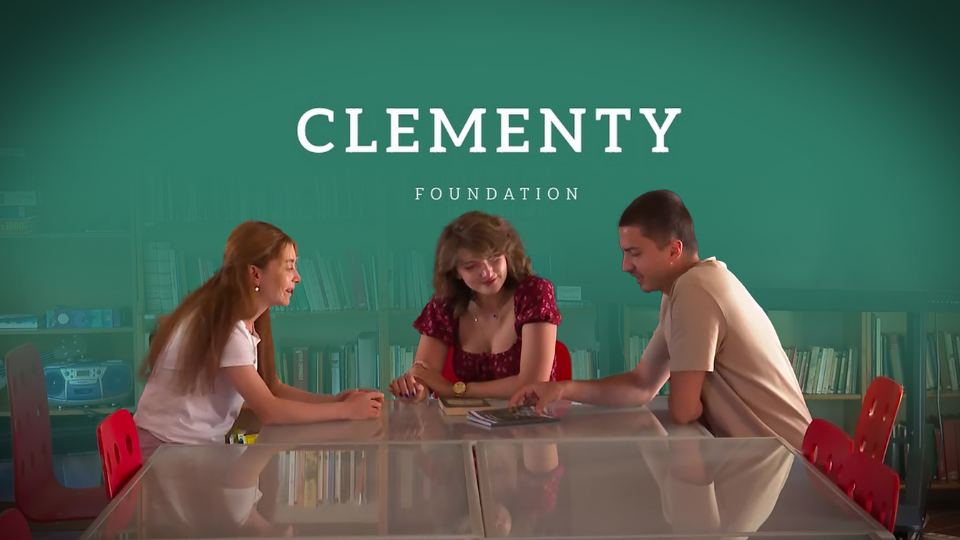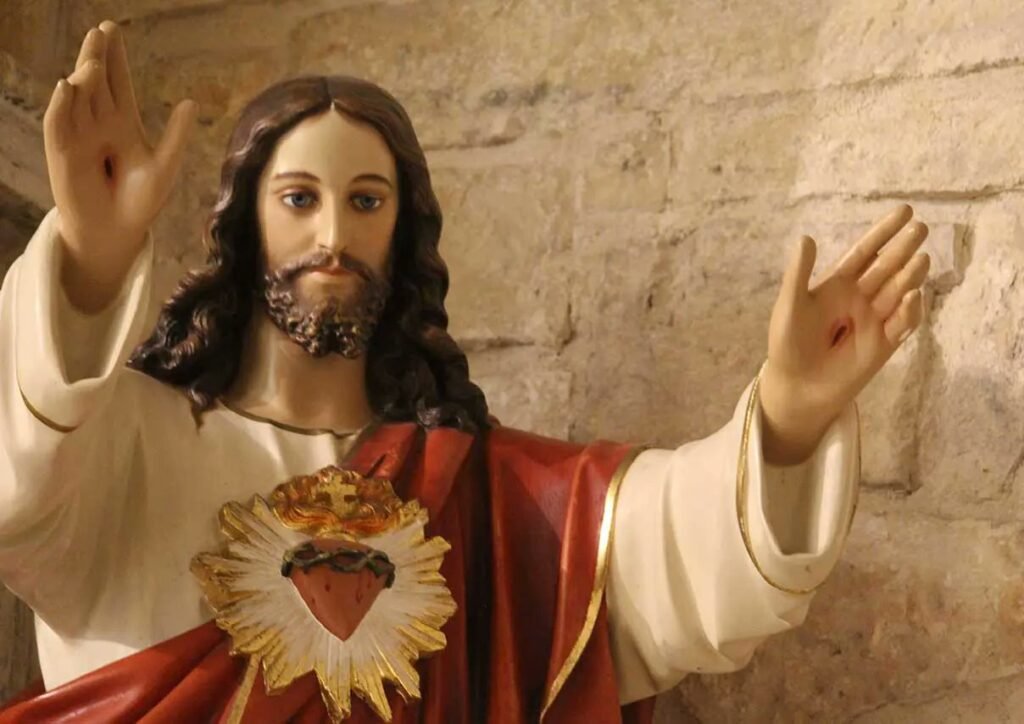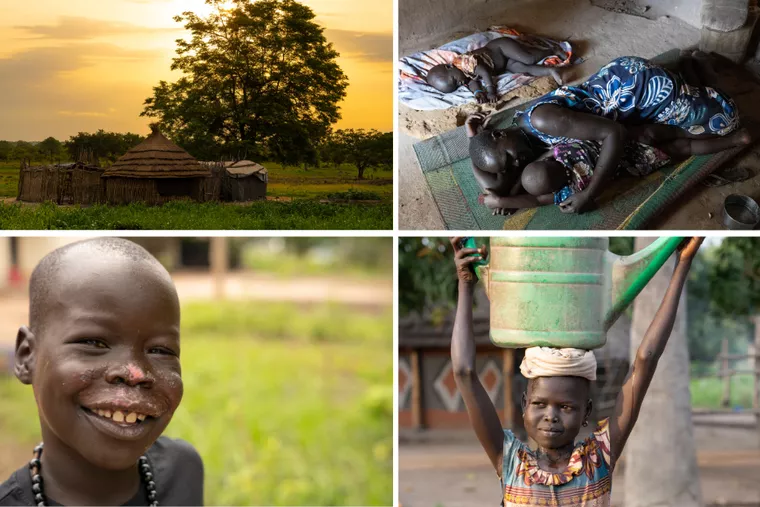Pope Francis on Wednesday dedicated his general audience catechesis to the virtue of fortitude, observing that it consists of the ability to live with courage and to confront the inner — and outer — turmoils of life.
“A Christian without courage, who does not turn his own strength to good, who does not bother anyone, is a useless Christian,” the pope declared during the general audience held on a windy, overcast morning in St. Peter’s Square.
The pope opened his reflection by chronicling the development of fortitude, pointing to its philosophical roots in antiquity as well as its development in the Christian tradition.
“Ancient thought did not imagine a man without passions; he would be a stone,” the pope said. The pope linked this idea to Christ, noting that he is not a “diaphanous” or “ascetic” God but instead expressed the full range of human emotions.
Yet the pope cautioned that passions, while “not necessarily the residue of a sin,” need to be tempered, or “educated, channeled, purified with the water of baptism, or better with the fire of the Holy Spirit.”
The pope noted that fortitude develops in a twofold manner, being composed of both an inner, or passive, dimension as well as an active, or outer, orientation that allows humans to respond to adversity.
“Fortitude is first and foremost a victory against ourselves,” the pope said. “Most of the fears that arise within us are unrealistic and do not come true at all.”
“It is better, then, to invoke the Holy Spirit and face everything with patient fortitude: one problem at a time, as we are able, but not alone!” the Holy Father said. “The Lord is with us, if we trust in him and sincerely seek the good. Then in every situation we can count on God’s providence to shield and armor us.”
Reflecting on the second, or passive, characteristic of fortitude, the pope noted that there are also external tribulations to overcome, such as “persecutions” and “external enemies.”
“Fortitude is a fundamental virtue because it takes the challenge of evil in the world seriously. Some pretend it does not exist, that everything is going fine, that human will is not sometimes blind, that dark forces that bring death do not lurk in history.”
Highlighting the myriad social problems present in the world today, from war and famine to slavery and the oppression of the poor, the pope said that it is the gift of fortitude that enables human beings to “cry out an emphatic ‘no’ to all of this.”
At the end of the catechesis, the pope repeated his appeal for peace amid the ongoing wars in Ukraine and the Holy Land.
“Let us ask the Lord for peace, and may we not forget these brothers and sisters of ours who suffer greatly in these war-torn places,” he said.
Pope Francis also expressed his closeness to the people of Kazakhstan, where more than 100,000 people have been evacuated near the Ural Mountains due to the worst flooding seen in the region in decades.
This article was originally published on Catholic News Agency.

